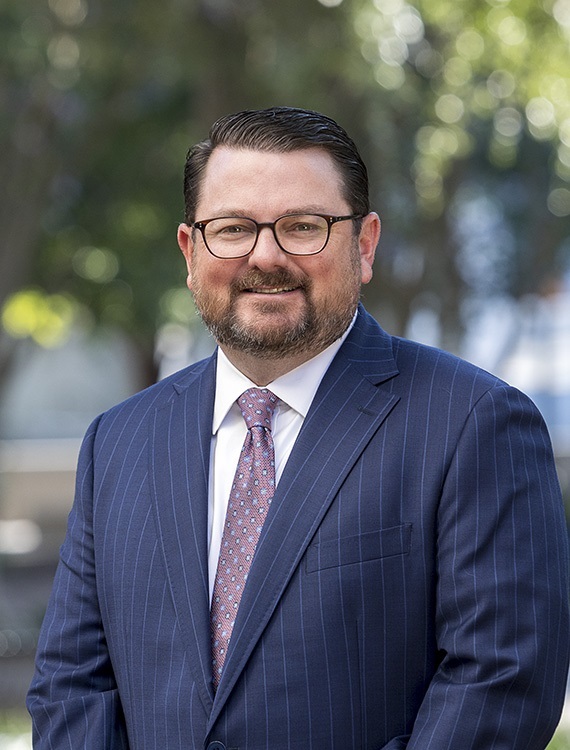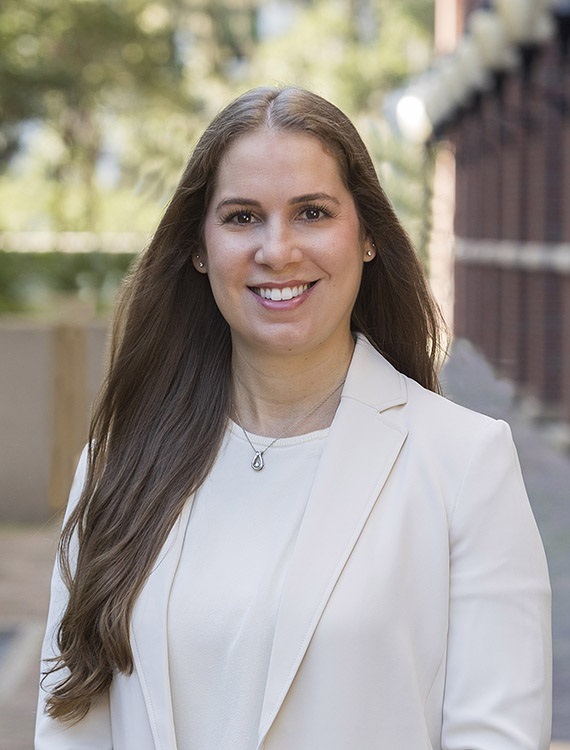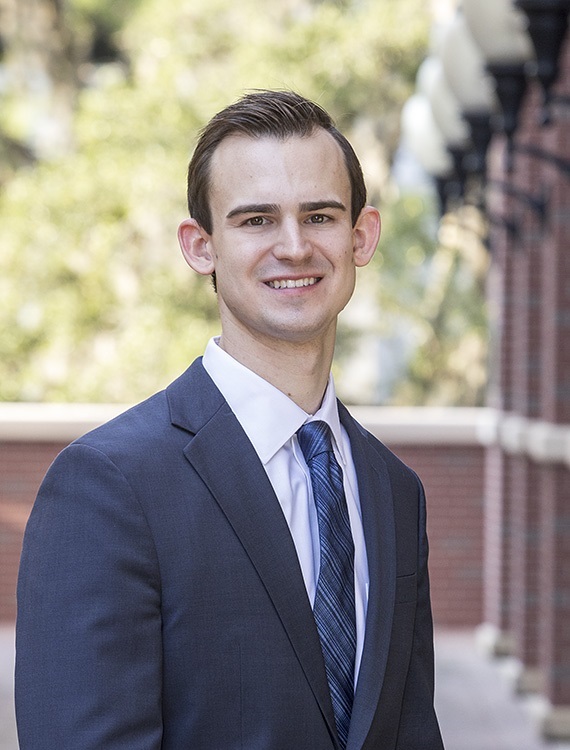Risky insurance regulation
Florida bends over backward to keep shaky insurers afloat
Last Modified: Thursday, April 22, 2010 at 6:56 p.m.
Whose side are Florida’s insurance regulators on: the consumers’ or the companies’? That a question that the public and the Legislature should be asking, in light of a Herald-Tribune investigative report.
The report — the product of a year-long investigation by the Herald-Tribune’s Paige St. John — found that state regulators not only enable poorly capitalized property insurers to operate in Florida but help them stay in business once they flounder.
The regulators let failing insurers continue to write policies through most of 2009. They awarded licenses to companies that lacked adequate funding, or any experience in providing insurance. They even approved a business linked to a Sarasota felon who was barred from the industry.
Caution thrown to the wind
Florida’s Office of Insurance Regulation appears to have sacrificed caution and due diligence to support the state government’s failed response to a property insurance crisis.
The crisis arose after Hurricane Andrew devastated South Florida in 1992. The resulting insurance losses led some national carriers to seek large rate increases or abandon the state altogether. The problem accelerated after 2004 and 2005, when Florida suffered multiple hits from major hurricanes.
The state responded by establishing Citizens Property Insurance, intended as an insurer of last resort for homeowners who lost their coverage, as well as a reinsurance fund to provide financial backing for struggling insurers.
But the national carriers’ exodus from Florida, or at least from the populous coastal areas, continued. Citizens has become one of the largest insurers in the state, with more than 1 million policies. Both Citizens and the reinsurance fund are severely underfunded. And any shortfall they suffer will made up by Florida taxpayers through assessments on homeowner, auto, boat and other insurance policies in the state.
Enter the small, often suspect insurers that operate only in Florida. They offered lower rates than their larger competitors and a willingness to take hundreds of thousands of policies off the hands of Citizens.
“In 1992, these concentrated risk-takers insured just 6 percent of Florida,” St. John noted in a previous installment of her investigative report. “Today, including the Florida-only subsidiaries of national insurers, they cover 71 percent.”
But while these numerous small insurers are more than willing to write policies and collect premiums, many of them may not be able to pay out claims if a hurricane strikes.
Based on insurance industry standards used by regulators, industry insiders, academics and consumer watchdogs, St. John has found that one in three privately insured Florida homeowners “relies on insurers that exhibit one or more signs of financial risk.”
Only mild hurricane seasons in recent years have spared the companies, the state and almost three-quarters of Florida homeowners from a costly day of reckoning.
St. John’s report makes clear that the Legislature should step in to make sure that property insurers that are licensed to operate in this state have the financial means to cover the policies they’re allowed to write.
To this point, however, the Legislature has focused on offering insurers, large and small, incentives to operate in Florida.
State Sen. Mike Bennett, R-Bradenton, proposed a bill this year that would let all property insurers charge rates free of state regulation. The bill was later amended to cap statewide rate increases at 10 percent but allow individual increases up to 20 percent, all without regulatory approval. But Bennett, faced with a threatened veto by Gov. Charlie Crist, withdrew the bill on Wednesday.
Another Senate bill (SB 2044) also offers financial incentives to insurers: automatic rate increases to cover inflation or the cost of reinsurance. Yet the bill, which was withdrawn at least temporarily by its sponsor on Thursday, includes provisions that would improve the regulation of insurers and help stabilize the industry.
One provision would raise the minimum amount of capital needed to sell property insurance in Florida to $12 million from $4 million. Another would help regulators monitor money that insurers shift into affiliated ventures; St. John found that “some insurers devote so much of their premium to reinsurance and paying related companies, they have little left for claims.”
The Legislature needs to try to fix the property-insurance regulatory system before rates are allowed to rise, or at least — as SB 2044 would do — let rates increase in tandem with improvements.
Link premiums to security
An inevitable consequence of creating a more stable, reliable insurance market will be rate increases for many policyholders.
Yet, the rates — and the risk they cover — are part of the price of living in a state that is prone to hurricanes. It’s a price from which the state government — through its public insurance entities, its rate regulation and its encouragement of small, Florida-only insurers — has tried to shield residents.
But regulators, in bending over backward to keep shaky insurers in business, are doing Florida homeowners no favors.
We suspect that many Floridians would willingly pay a higher premium to have the security of knowing that, if disaster strikes, their home and possessions will be covered. That, after all, is the purpose of insurance.
To read the installments of the Herald-Tribune’s investigative report and related news on Florida’s property insurance system, go to heraldtribune.com/propertyinsurance.












